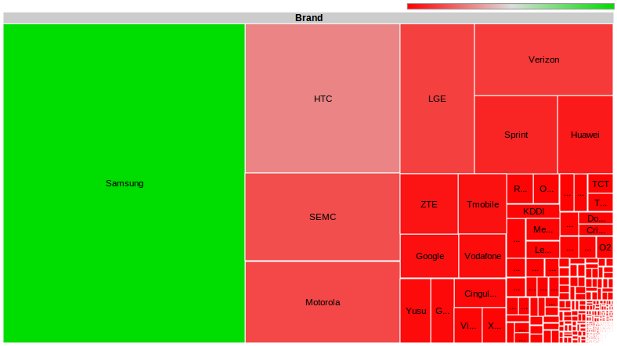It’s old news that developers are getting fed up with fragmentation on Google‘s Android operating system. But now Google may be taking heed: The company is reportedly adjusting their mobile strategy in advance of Android 5.x, in a move apparently meant to build trust among hardware and software developers.
In past years, Google has picked one hardware manufacturer to receive early access to an upcoming Android release. Now, the company plans to give that access to a number of partners, in what the Wall Street Journal‘s Amir Efrati reported individuals close to the matter said was intended to “exert more control” over the ecosystem of apps and hardware run on Android phones and tablets – and to seize some degree of control back from the wireless providers who sell voice and data service on the devices.
Android 5.x – termed “Jelly Bean” by Google developers, following 2011’s Ice Cream Sandwich – is expected to be released toward the end of 2012. If Efrati’s report is accurate, it suggests that Google views the release as a watershed moment to claim ownership over Android.
In this context, fragmentation refers to the chaos that ensues when multiple hardware manufacturers have released a great number of devices – in different form factors and with different hardware capabilities – any of which can run any version of Google’s Android operating system. When fragmentation starts to impact the development process, it can frustrate developers – or prompt them to flee to a closed platform, like Google competitor Apple‘s iOS.
A report by OpenSignalMaps, an app that builds maps of mobile providers’ signal strengths, recently released a detailed, accessible set of visualizations of fragmentation on Android (to no one’s surprise, Samsung dominates).
While the OpenSignalMaps report conceded that while fragmentation poses a challenge to developers, it also focused on the bright side of the phenomenon, which it said speaks to the power of the model Google chose for the project.
“Fragmentation allows users to take their pick from thousands of devices,” reads the report. “You can choose from phones with 3D screens, projectors, CDMA, GSM, or even CDMA & GSM. It’s a triumph for Android that as a single OS it can target so many markets.”










